|
We went easy on our trek through the High Atlas. Slowly and carefully. I was climbing with someone who'd never done anything of the sort and it was enormously difficult for them, not the least because they were terrified of heights. I didn’t know that until we were well on the mule path, when we discovered how steep the drop from it was. Maybe we should have asked Ahmed, our guide, to take us back, but I was already gone, blissful and selfish. Stoned on the discovery that I still belong in the mountains. Or maybe it’s more that I belong to them.
The joy that I felt as the land fell away beside the path, opening up the view to the Berber villages thousands of feet below, was undistilled and overwhelming. It was almost impossible to rein myself in - I wanted to feel my heart thrum and my breath hasten and the muscles in my legs grow hard and unyielding as they struggled to carry me onward. I tried to slacken my pace, but I often found myself so far ahead of the others I had to stop and wait for them. I’d stiffen if I sat, so I remained standing, looking at Morocco spilling out beneath me. It was my first time in the mountains since I failed to summit Aconcagua. I don’t know that I can count the slog up Little Malene in Greenland a couple weeks back, as difficult as it was. I never felt immersed in that landscape the way I did in the High Atlas range. We didn’t venture deep into the outback in frozen Greenland, though the climb was harder, with a sharper elevation gain. The ascent in Morocco was initially gradual. The toughest part for anyone with acrophobia, like the other trekker I was with, was the slender path, and the fear of the long fall if you stepped off of it. Maybe I burned through any fear of falling at the beginning of the trek. I think the greatest concern anyone has for me - at least I’ve been told this, often with as much consternation as love - is that I’m reckless. That I take too many chances, don’t consider the consequences. I suppose it’s true; I’ve been trying to live a more careful life. I don’t know that I’m any good at it. Because after Ahmed gleefully scrambled a few feet up what was more a wall and less a hill, returning to earth dusting his hands with a grin, I challenged him to take me up it. He told me it was dangerous, that the path up wasn’t even a mule trail. It was only for mountain goats and mountain guides, specifically those who had grown up in the High Atlas, like him. But I pushed and Ahmed eventually gave in and up we went. I was fine ascending, even as we climbed hand over feet, 10 feet, 20 feet, 30 feet and even higher. I think I was at one point four or five stories up, totally unsecured, with no one belaying me. The precariousness of my situation didn’t hit me until we needed to start moving across the face of the incline. We left the path, which wound higher, and it made me feel every step was insecure. If I’d fallen I would have bounced until I hit the road that was far enough beneath me I’d have been killed, or at least badly broken. It crossed my mind that I could become a very sad and even more stupid cautionary story about a woman who pushed it too far once too often. After I lost my nerve I spent some time sort of shuffling on my ass across the dirt, stone and scrub, until I felt more stable and could stand, a bit wobbly and ever so carefully, again. In another 10 minutes we'd picked our way off the hill, onto the road. We continued on, methodically trekking toward the Tizi Mzzik Pass, 3,000 feet higher and six miles away. I didn’t feel any elevation sickness along the way, although we eventually reached more than 8,000 feet in elevation. I’m not sure if I should be heartened by that, when it was acute mountain sickness that got me booted off Aconcagua. But I am. I haven’t trained, not once, since coming down from Aconcagua in February, but I felt so strong during the trek. The last section was very steep, a merciless switchback that I climbed slowly, but without getting winded. My steps were sure and I worked my walking sticks well, in proper rhythm with my stride, even as we raced against the encroaching darkness to make it off the mountainside before full night fell. It felt right, my being up there, right the way it is when you fall in love, or the perfect song comes on as you’re driving fast down a back road in summertime, the sun bright and the wind soft. It felt, I suppose, like coming home.
8 Comments
It's been one week to the day since I was banished from Aconcagua, summarily sent down from it, like an inept baseball player kicked from the major league to the minors. I haven't really had time to process what happened, or to understand what it ultimately means to my life, other than to label it a failure. After all, I wanted something - to reach the tippy-top of the highest mountain outside of Asia - and it didn't happen. I didn't summit Aconcagua. Hell, I didn't even get close. I didn't even make it past the approach camp, a victim of mountain sickness, according the physician who fretted over my vitals before announcing, with great gentleness, that I was in jeopardy and would continue to be until I descended.
That's failure and I will always label it as such, which seems to confound and annoy just about everyone around me. I've heard this week that I can't be a failure because I tried to accomplish something most wouldn't, because it was my body that gave out and not my will, because this kind of setback is just a part of mountaineering and because, simply, I didn't die. I understand the reasoning behind all that, and am grateful for the kindness that led my friends and fans to share these thoughts with me. I just don't agree. I had a goal. I didn't achieve that goal. I failed. Why are we so afraid of failure in this country? Why do we twist and turn the situation in which we failed upside down and all around, spinning it like a kid appraising a package on Christmas morning, just so we can call it anything but what it is? The way I see it - and I'm quoting President Obama here - "If you are living life to the fullest, you will fail." As Oprah Winfrey says, "If you're constantly raising the bar, if you're constantly pushing yourself, higher, higher, higher, the law of averages, not to mention the myth of Icarus, predicts you will at some point fall." And that's okay. Because the alternative, to not even try, is far worse for me. I don't mean to sound like Dr. Phil or Tony Robbins or Brene Brown, as much as I love her, or Yogi Bear or the Dalai Lama himself. I don't feel comfortable making pronouncements about how anyone else should live. But for me, passion, adventure, excitement, which I now get mostly from pushing myself damn hard and then harder and harder still, make life bearable. If I didn't try - be it anything from climbing a mountain to moving to a country where I know no one on not more than a whim - there's a chance I might go mad. Or at least back to the self-destructive ways I once utilized to get my fix of chaos, the metaphorical equivalents of driving too fast in a big-motored car down a dark highway, fucked up on mania and dope and lust, the thick fingers of the dangerous man perched beside me in the passenger seat creeping up my naked thigh. Or, actually, the literal equivalents, too. I'm not a great white shark - I don't need to be in constant motion to survive, although I have some former lovers I expect would disagree on both counts. But I do need something to work toward. Looking ahead keeps me sane. I need to challenge myself, the more viscerally the better. That little divot I have inside my soul, the place damaged, if not quite broken, by what I've never discovered, is filled for a time when I do. Risking it all, or as much of it as I can, soothes me. My plan to climb Aconcagua and Kilimanjaro, which I announced a little more than 18 months ago, was undoubtedly an outgrowth of this need. But more crucially, it was an attempt to save myself. I was in danger back then, more danger than I ever faced on that mountain. The loss of my brother to a heroin overdose, an event that still lurks beneath every moment of every day, ready to rise up and throttle me with grief; the decline of my parents, with whom I live, rendered in cruel close-up and most recently encompassing my mother's dementia diagnosis; and the final blow that nearly destroyed me, the end of a relationship filled with enough love and toxicity it's taken me nearly two years to emerge from it fully, like a freed prisoner creeping slowly from a basement cell - these events and more, piled fast one atop another, made me question whether living was a worthwhile effort. I questioned it a lot back then. I needed to find a way to quiet all that tragedy, to hush it, so I could hear the sounds of life again, find the path back to it. Embarking on a quest so massive it was ridiculous, like scaling two of the Seven Summits within a year, seemed the way to do it. I hoped along the way it would turn me into someone I wasn't - a woman not vanquished by pain, but one heroic, strong, invincible. A warrior, inside and out. A woman who ascends big damn mountains. And I failed. I came down from Aconcagua two days after I went up it. I suppose I should be humiliated. But I'm not. Because I have felt a shift within me. Maybe I'm simply riding high with a giddiness born from emerging off Aconcagua with fingers, toes and nose intact (I was never really afraid of the mountain killing me, but not so the idea of of losing bits and pieces of myself to frostbite). Maybe I'm simply grateful to be released from the exhaustion I felt nearly as soon as I started the first trek. Pervasive and absolute, it destroyed my resolve, turning what was supposed to be an easy five-mile hike into a grim battle marked by my tortured, runaway breath and staggering feet. The next day, when I was forced to ask one of my expedition's guides to take me back to camp less than halfway through our trek, was worse. I didn't understand why, when I'd trained so hard for Aconcagua, I felt a fatigue on its lower trails that nearly trumped what I endured during my eight-hour push to Kilimanjaro's 19,341-foot-high summit. Would Aconcagua have killed me if I’d have bullied and begged, stamped my feet and cried, somehow convincing the physician - an improbably beautiful and compassionate Argentinean woman who looked like a grittier version of Salma Hayek - to let me continue the ascent? I don’t know. I don’t know how sick I really was, only that over the course of two nights my blood pressure had risen from 140 over 90 to 165 over 110. My heart rate increased to 130 and my oxygen saturation fell to 84. Not awful numbers, but what concerned my glamorous doctor was that my vitals were worsening instead of getting better. I wasn’t acclimatizing to the altitude. It hurts that I failed to summit Aconcagua, hurts like a pinch cruel enough to leave a bruise, a result common to the collision of dreams and reality. But I'm grateful for the experience I had in Argentina. Right now, as I sit here typing this, I feel something that could be called hope and I think that brutal bitch of a mountain that I love and fear in equal measure returned it to me. Will I return to her? I don't know. But my hunger for her summit, a growling yearning very different than the pain that consumed me 18 months ago, continues. I didn't want to train today. I'm exhausted. I'm moonlighting at Penn State, full time for this month, in the Office of Admissions. Working at 8 a.m. - that ain't me, babe. I'm also semi-crushed with assignments and trying to keep this blog going and I had a couple of disappointments happen last night with work. Nothing huge, but when you're this lowdown, it doesn't take much to sink you completely, at least temporarily. Especially when you're averaging five hours of sleep a night. So, I didn't want to go to Victory. Hell, all I really wanted to do was go home and crawl into bed and cry. I'm crying all the time. In my car, at the grocery store, on the phone with my über-patient friends, at the office, too - I try to sniffle quietly there. (I really don't want to be the weird temp girl crying at the corner desk.) It started two years ago, this crying, when my brother died. It's increased in frequency and violence, the way summer begets thunderstorms, since T left. Since my birthday it's gotten worse. When I feel it coming on I just go with it. Sometimes I don't have a choice. Today I wept almost continuously in my therapist's office. Big, scalding tears. Tears of pain and fear and regret and shame. A salty cocktail made of emotions I'm beginning to worry have taken up permanent residence within me. My therapist tells me to be patient, that I've been through much in these past few years. I know she's right. I have to honor this pain, lean into it, let it have its way with me. I've never done this before. I've always pushed pain away, numbed it, neglected it. Let it starve, a chained dog whose teeth no longer menace. But I can't, don't want to live my life like this anymore. I want to heal, not hide. So anyway, I didn't want to go to Victory. But I did. I started my program and as I sweated and worked I noticed something fantastic. I noticed that I actually began to feel better. I still started crying right as I was doing my hip hikes when Green Day's "Missing You" began blaring out of the speakers - I mean that's how far gone I am, I'm actually crying over Green Day songs. But I kept on going and I kept on feeling better. It wasn't easy, of course. But maybe that's part of the pleasure. Why not try to hurt as much physically as you do emotionally? Steve's got me doing enough different exercises now that I'm rotating two routines. For my core, I lay flat on the floor, inhaling deeply and then pulling my stomach muscles tight as I exhale. It must be working, because my abdomen always aches afterward. I also use a six-pound medicine ball a lot, swinging that thing in circles and figures eights, doing diagonal chops and "wood" chops with it. I think I look like a complete idiot, but I keep swinging it because I'll be damned if my arms aren't clearly developing muscle. But I need special training to climb mountains and Steve, since he's ascended Kilimanjaro himself, understands precisely what will be required of my body as I trudge up and up and up first Kili and then later in the year Aconcagua's nearly 23,000 feet. I'm spending a lot of time balancing on one leg, and making "eagle" claws of my toes as I stand, flexing and unflexing them over and over. I'm doing assisted pull ups and something called cervical retractions. Which is not at all, not even close, what you might suspect it to be. Basically, I'm simply drawing my chin in toward my neck, and then jutting it back out. This strengthens my spine. I'm going to be asking a lot of my spine next year. I feel myself getting stronger - I actually see myself getting stronger - but tackling Mount Nittany on Sunday still got my blood throbbing and my breath coming hot and quick. Tamar and I hiked the White Trail, which ascends sharply for a half-mile. Only a half-mile, but it's a steep-ish half-mile. There's also a whole five-mile loop trail over and down the mountain I'm going to start trekking, hopefully this weekend. I know I've got a long, long way to go. In many ways. But I'm not stopping, not now, not ever. Because this is the way I save myself. There's a new life ahead, there has to be, filled with passion and joy, love and maybe even some peace, too. I just have to keep walking toward it. Want the details on my training regimen? Just have something you'd like to communicate or ask? Do you have any suggestions for me? I'd love to hear from you. For real. Comment below or email me if you'd like some privacy by hitting the link up above. Back in the day, before I started writing, before I started adventuring, I was a radio personality. I had a blast working at alternative rock stations around the country, hanging out with everyone from Garbage and the Goo Goo Dolls, to the Smashing Pumpkins and Poe. Those were great years, filled with events like discussing the healing properties of Neosporin with Wayne Coyne from the Flaming Lips and getting the inside of my forearm licked from elbow to wrist by Cowboy Mouth's Fred LeBlanc. But in my wildest dreams I never guessed that I'd be able one day to call Donald Trump a dickless wonder on air. Ah, the miracle of internet radio. And, the miracle of my very, very good friend Shawn Quinn of GenX.fm, who invited me on his NSFW Friday morning show to talk about my 7-2=17 journey and let me have at it. It was a damned good time and I can't wait to do it again. Wanna hear for yourself? Listen HERE.
I'm not there yet. I'm nowhere close to there. My heart remains unhealed, a battered, worthless thing...but. But today I felt real joy, the kind that sings, that makes the blood beat a little faster, the eyes tear in gratitude for the moment. It's been a long time since I felt this way. Alive and awake and aware; every cell, it seemed, humming, on alert. That it occurred on a mountain makes me believe in the mad magic of my dream to climb those big, big peaks next year. I think perhaps I'd forgotten how the wild soothes and centers me, how testing my legs against steepest slope makes me believe, if only for a time, that I am capable. Strong.
I've spent the past few days at Canaan Valley Resort in West Virginia, which is located within a 6,000-acre state park, in an oval basin that sits at 3,200 feet. It's the second-highest inland wetland area in the United States and it is filled with creatures great and small, from ever-present groundhogs to mountain lions the rangers swear up and down don't exist. They have a lot of room to roam; there's a nearly 17,000-acre wildlife refuge next door, along with a 10,215-acre wilderness area. It's green and lush here, peaceful. I've brought along my confident and long-time friend Serafice, who soothes and centers me almost as much as the wild. I'm thankful for her presence, this mystical and healing woman, because this is the first time I've traveled without T since he left me, fleeing back to the South he loves, it must be said, more than me. It's one day after my 50th birthday. Somehow it didn't occur to me that this journey would have its emotional difficulties and it's not until the door to our room has closed behind us and we are setting our bags down that I realize I'm on the verge of a panic attack. I suppose it is borne of the renewed recognition that all my future, the trips I will take, the love I will make, all my best and worst moments to come, will be without him. Each time this recognition slithers into my consciousness I'm torn apart again. When, when, when will this pain and fear end? "Because he left," Serafice tells me, "you can be who you are meant to become. You could not have attempted this with him in your life, Jill. You never would have been allowed near those mountains. You know that. You are free now." The panic waxes and wanes over the next few days and is finally lost as I ascend through bright, breezy meadow and shadowed forest to Bald Knob, a rocky protuberance rising 4,308 feet over the valley floor. It's a short hike - just 2.5 miles in total - but for a time, in between encounters with chattering, happy families, I'm alone. There is only the wind and the sun and the mountains in the distance, hazy and eternal. Butterflies, too, and dragonflies that dart before me on the path, as if to guide me onward. I feel tiny, dwarfed by these timeless hills, and at the same time tall and powerful, like each stride I take is that of a giant. I imagine my footfalls are making great booming sounds, that they leave deep fissures in the earth. I don't think about my age, or that, just six weeks after T and I parted, I am already yearning for a lover's touch. Already lonely. I don't think about fear. I realize that this is the first climb I've made, small and tender though it is, since swearing my oath to ascend Kilimanjaro and Aconcagua next year. Nearly without acknowledging it, I've begun. This is the beginning. This is how it starts, with a whimper, not a bang. My name is Jill Gleeson and in 11 days I will turn 50 years old. It's something I may find difficult to discuss with any semblance of wit or intelligence - though I will do my best as we go forward - because basically I have no clue how in the hell I got to be so old. I was 24, like, the day before yesterday. And it was fun.
|
Jill GleesonJill Gleeson is a journalist based in the hills of western Pennsylvania. She is a current contributor to The Pioneer Woman, Country Living, Group Travel Leader, Select Traveler, Going on Faith, Wander With Wonder, Enchanted Living and State College Magazine, where her column, Rebooted, is featured monthly. Other clients have included Email me!
Archives
May 2018
Categories
All
|
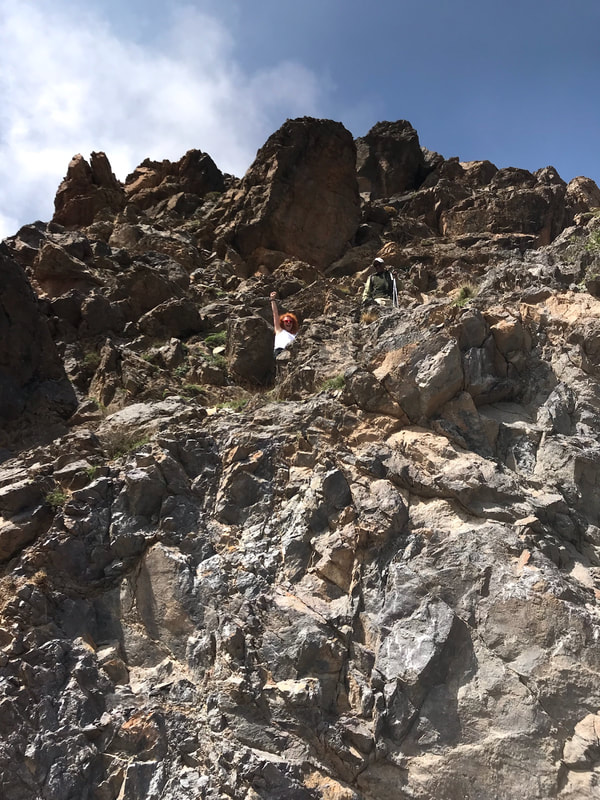
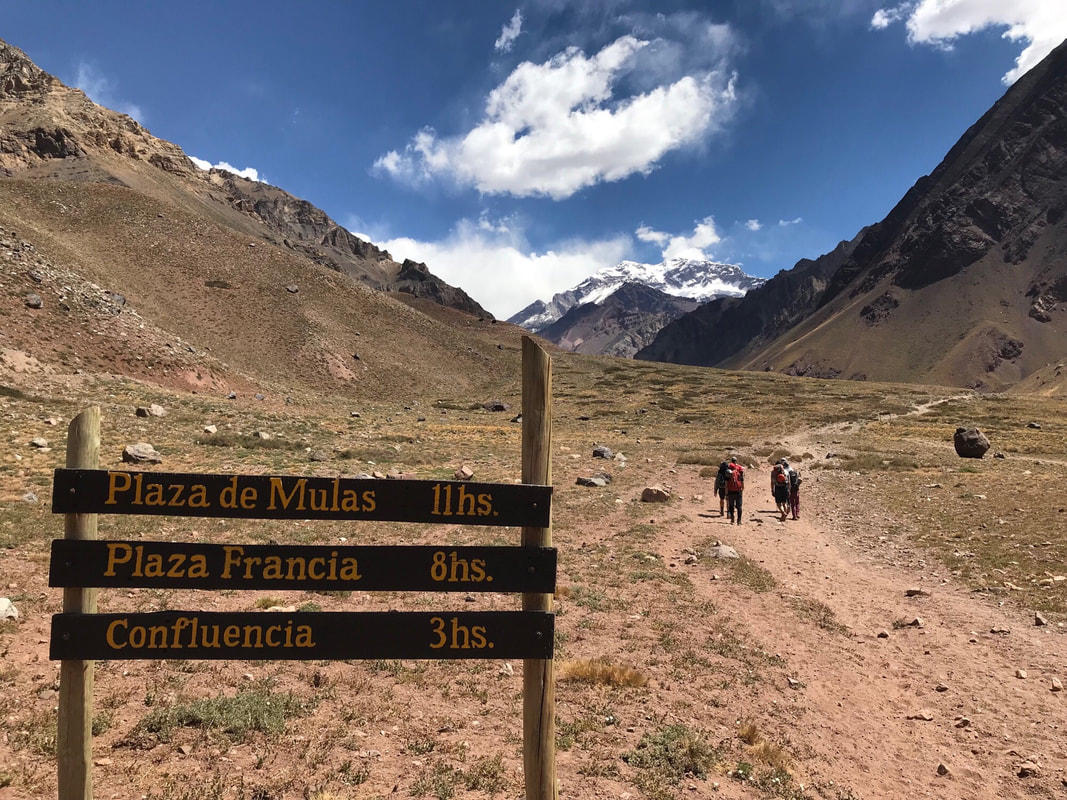
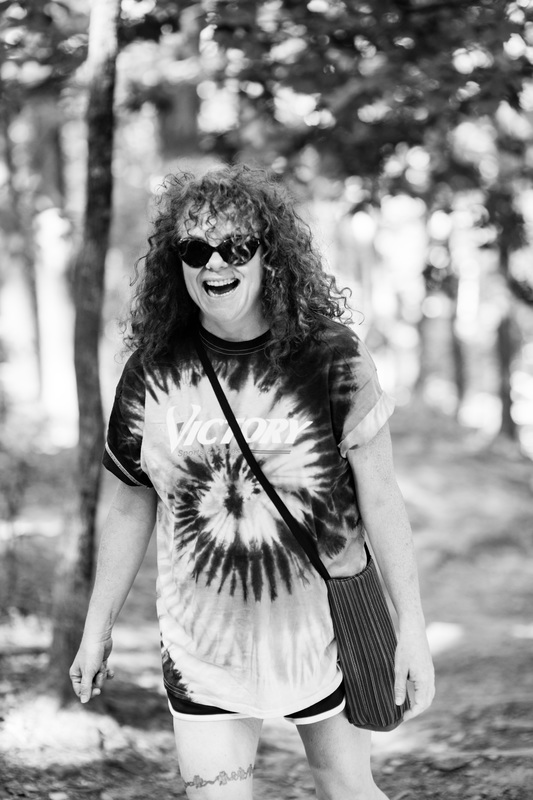
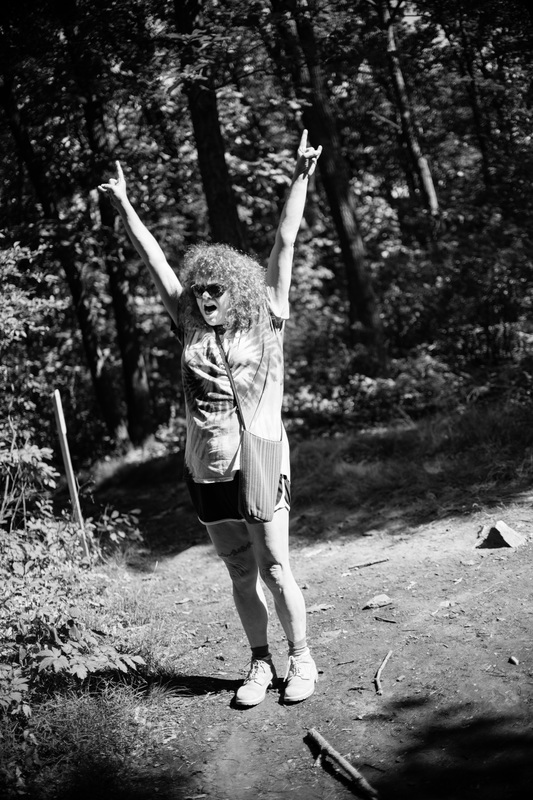
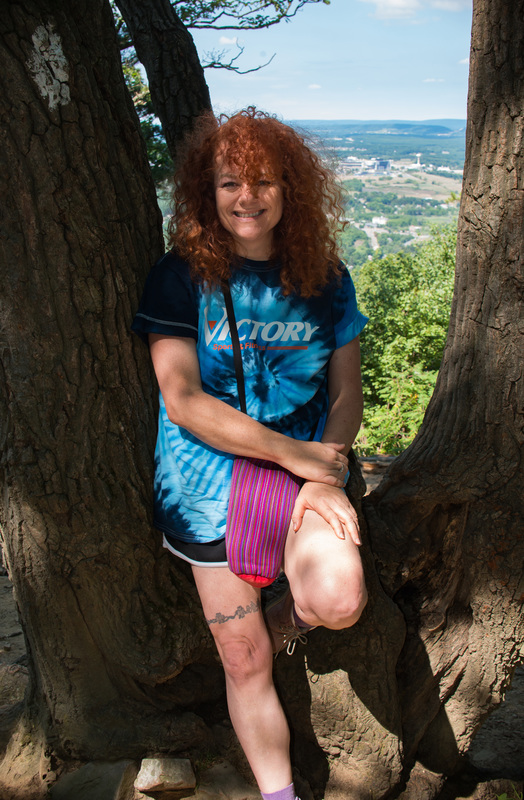
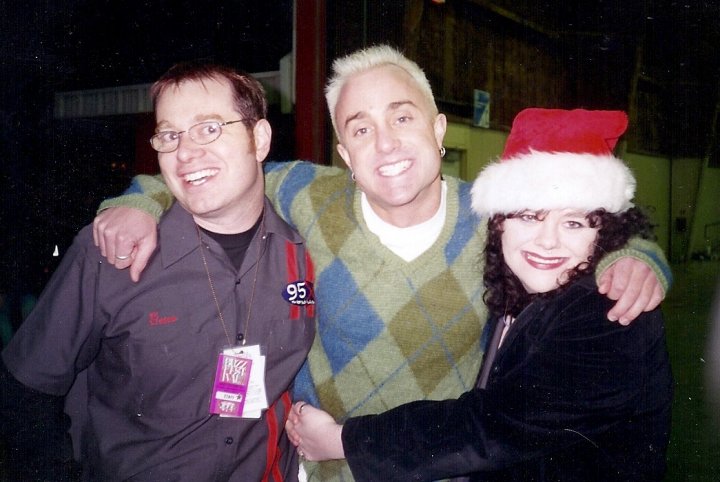
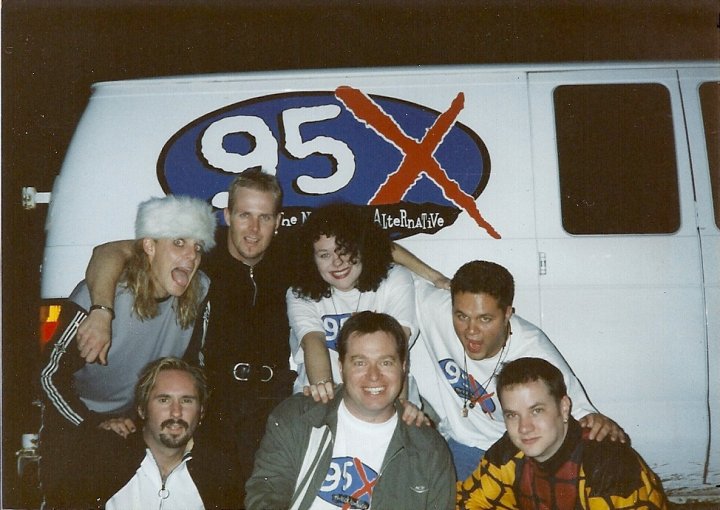
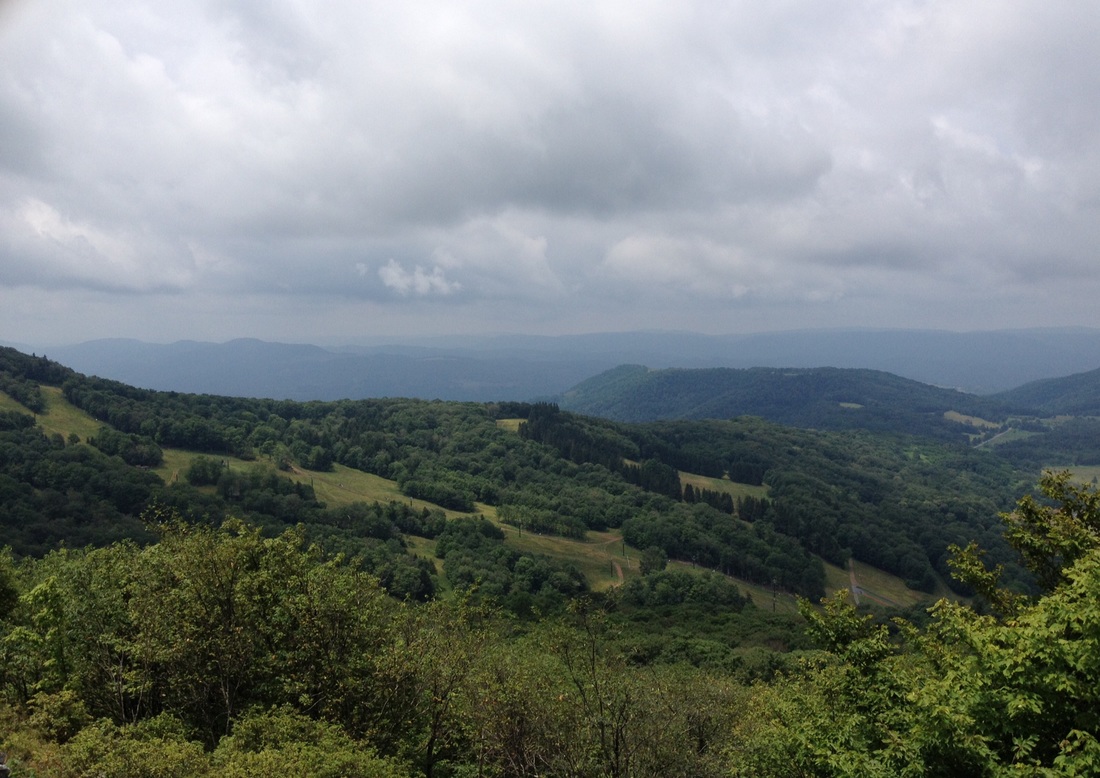
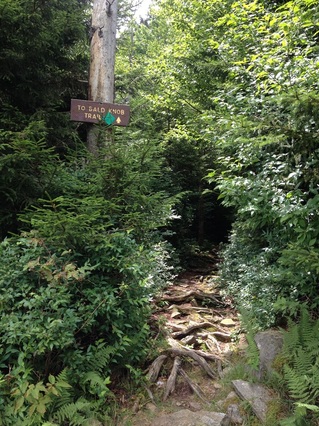
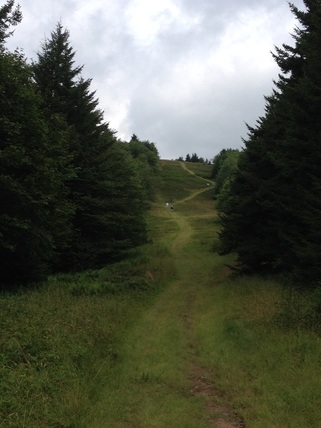
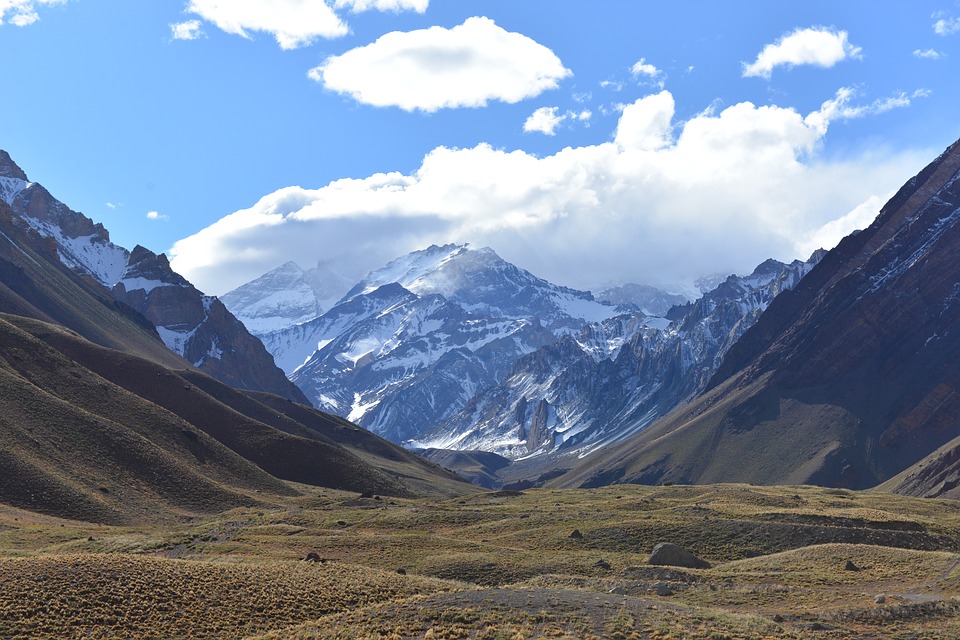
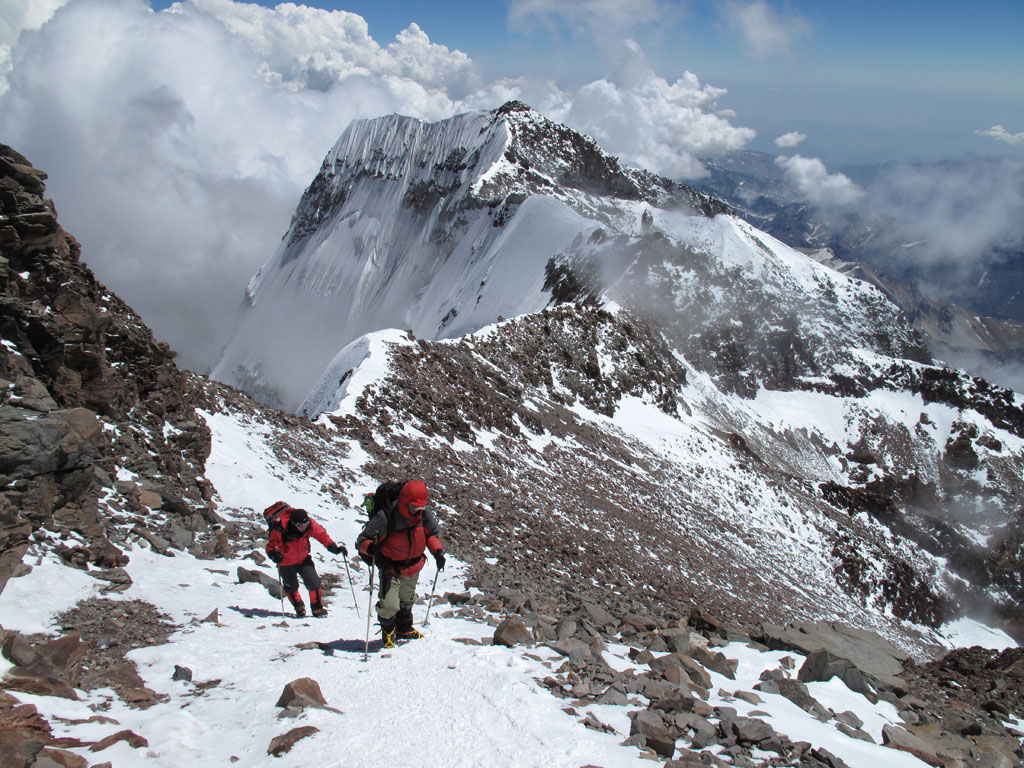
 RSS Feed
RSS Feed